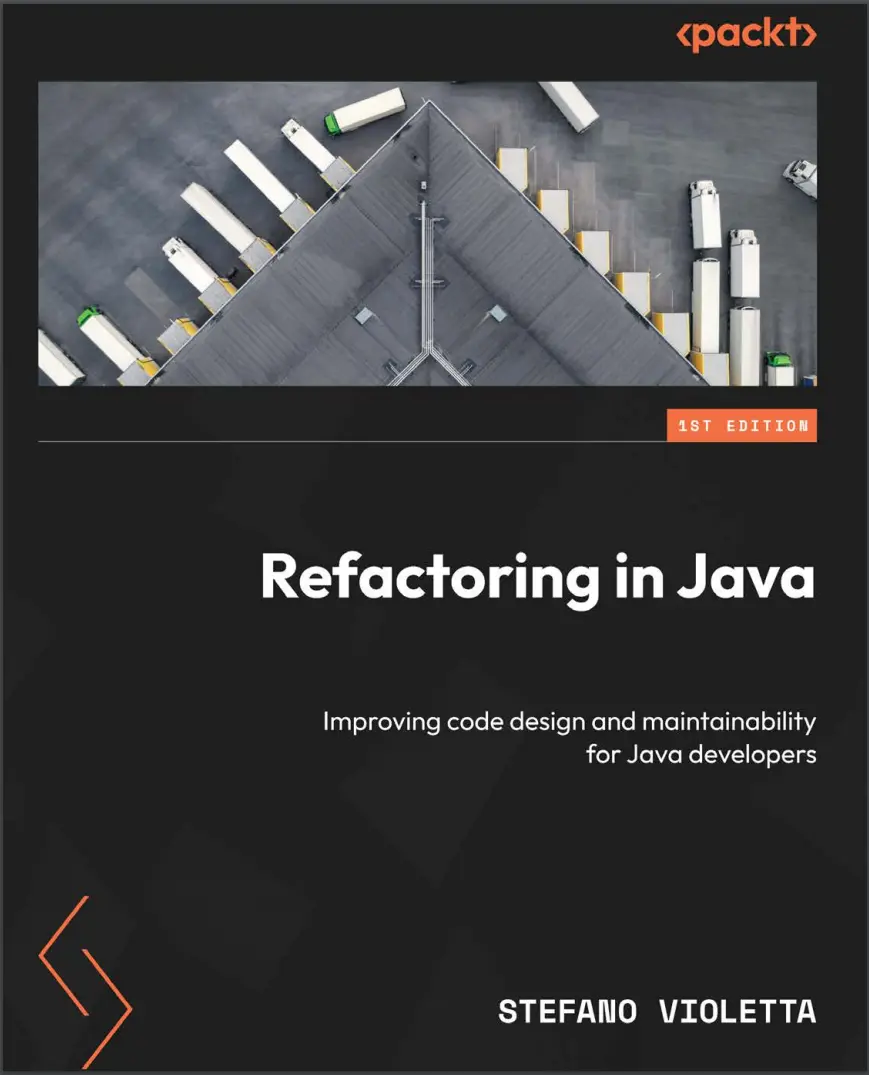-
.NET (.NET Core)
-
1C
-
APL
-
AWK
-
Agda
-
Agile/Scrum
-
Alef
-
Assembler
-
Basic
-
Beta Programming Language
-
Big Data/DataScience
-
C
-
C#
-
C++
-
CSS
-
Cobol
-
Crystal
-
D
-
Dart
-
DataBase (SQL)
-
Delphi
-
F#
-
Flutter
-
Fortran
-
GPT/AI/ИИ
-
GameDev
-
Git
-
Go (Golang)
-
HTML
-
Hacking and Security
-
Haskell
-
Java
-
JavaScript (JS)
-
Julia
-
Kotlin
-
Machine Learning (ML)
-
Natural language processing (NLP)
-
PHP
-
Pascal
-
Python
-
R
-
Ruby
-
Rust
-
Scratch
-
Swift
-
UML
-
UX/UI
-
Visual Basic
-
Wolfram
-
XML
-
АСУ
-
Проектирование/System Design
-
Сети/Network
-
Схемотехника/электронные схемы
-
.NET (.NET Core)
-
1C
-
APL
-
AWK
-
Agda
-
Agile/Scrum
-
Alef
-
Assembler
-
Basic
-
Beta Programming Language
-
Big Data/DataScience
-
C
-
C#
-
C++
-
CSS
-
Cobol
-
Crystal
-
D
-
Dart
-
DataBase (SQL)
-
Delphi
-
F#
-
Flutter
-
Fortran
-
GPT/AI/ИИ
-
GameDev
-
Git
-
Go (Golang)
-
HTML
-
Hacking and Security
-
Haskell
-
Java
-
JavaScript (JS)
-
Julia
-
Kotlin
-
Machine Learning (ML)
-
Natural language processing (NLP)
-
PHP
-
Pascal
-
Python
-
R
-
Ruby
-
Rust
-
Scratch
-
Swift
-
UML
-
UX/UI
-
Visual Basic
-
Wolfram
-
XML
-
АСУ
-
Проектирование/System Design
-
Сети/Network
-
Схемотехника/электронные схемы
Меню
Refactoring in Java: Improving code design and maintainability for Java developers

Автор: Violetta Stefano
Дата выхода: 2023
Издательство: Packt Publishing Limited
Количество страниц: 292
Размер файла: 6,2 МБ
Тип файла: ZIP
Добавил: codelibs
Refactoring in Java serves as an indispensable guide to enhancing your codebase's quality and maintainability.
The book begins by helping you get to grips with refactoring fundamentals, including cultivating good coding habits and identifying red flags. You'll explore testing methodologies, essential refactoring techniques, and metaprogramming, as well as designing a good architecture. The chapters clearly explain how to refactor and improve your code using real-world examples and proven techniques. Part two equips you with the ability to recognize code smells, prioritize tasks, and employ automated refactoring tools, testing frameworks, and code analysis tools. You'll discover best practices to ensure efficient code improvement so that you can navigate complexities with ease. In part three, the book focuses on continuous learning, daily practices enhancing coding proficiency, and a holistic view of the architecture. You'll get practical tips to mitigate risks during refactoring, along with guidance on measuring impact to ensure that you become an efficient software craftsperson.
By the end of this book, you'll be able to avoid unproductive programming or architecturing, detect red flags, and propose changes to improve the maintainability of your codebase.
What You Will Learn:
- Recognize and address common issues in your code
- Find out how to determine which improvements are most important
- Implement techniques such as using polymorphism instead of conditions
- Efficiently leverage tools for streamlining refactoring processes
- Enhance code reliability through effective testing practices
- Develop the skills needed for clean and readable code presentation
- Get to grips with the tools you need for thorough code examination
- Apply best practices for a more efficient coding workflow
Who this book is for:
This book is for Java developers, software architects, and technical leads looking for a comprehensive guide to advancing their skills in software design and refactoring. The book is ideal for experienced Java enthusiasts, quality assurance engineers, and codebase maintainers as it provides practical insights, real-world examples, and essential patterns. Development managers who want to foster clean coding practices by using best practices for efficient workflows will also find this book useful.









